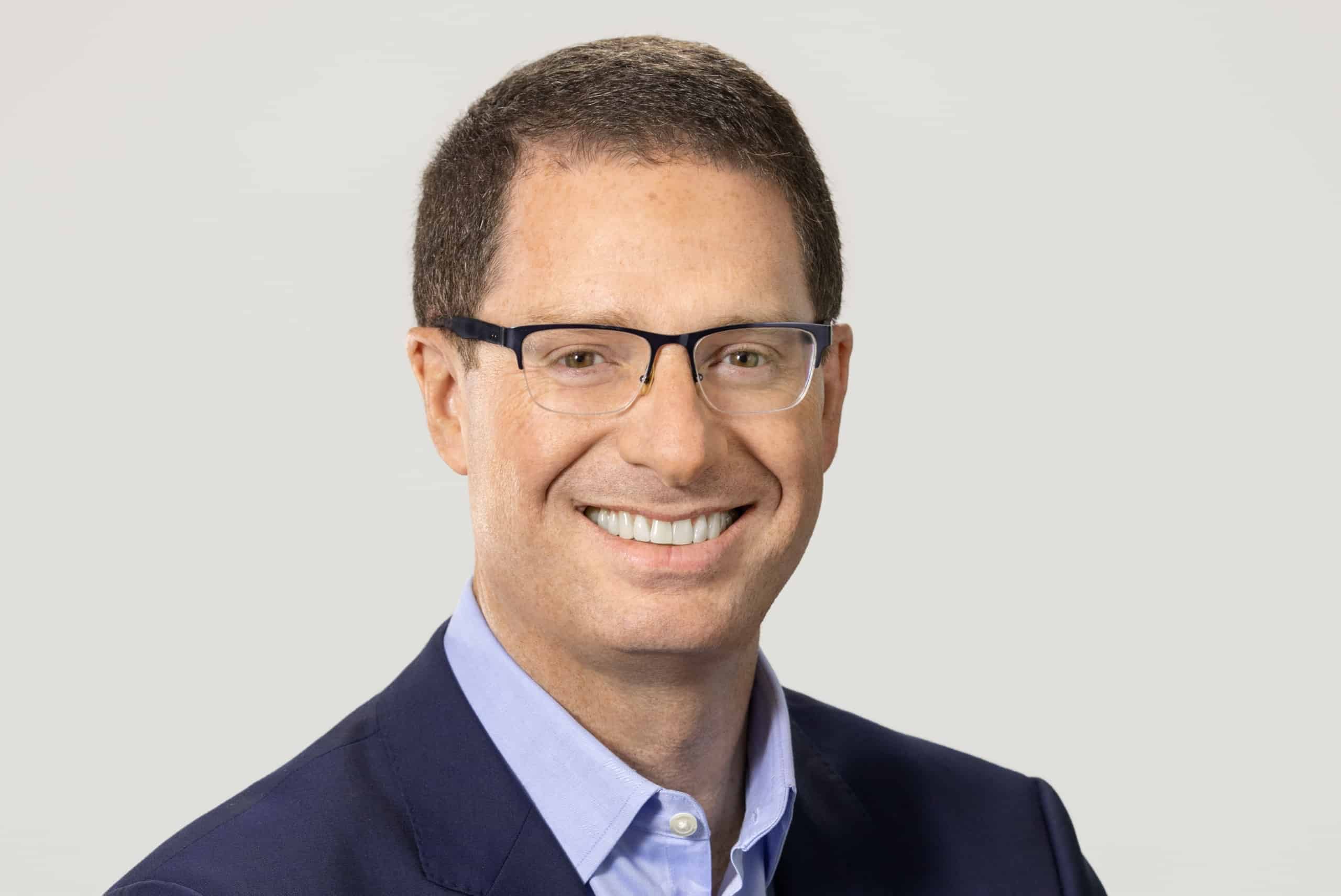During his appearance on DC Fintech Week 2020, the Acting Comptroller of the Currency Brian Brooks praised decentralized networks, highlighted the expanding role of cryptocurrencies and the necessary regulations, and hinted that central banks could actually become nodes to blockchain networks.
Brooks On Crypto And Regulation
In Brooks’ opinion, banks have treated cryptocurrency assets as “pawn shops or some other kinds of disfavored businesses that can’t be touched” in the past 4-5 years.
He believes that digital assets are widely misunderstood, and even representatives of the financial world have trouble comprehending their role.
Although Brooks admitted that cryptocurrencies contain a certain amount of risk, he noted that global regulators hadn’t done enough to establish a “safe framework, in which banks will feel comfortable to operate in.”
That’s why the OCC issued a letter recently greenlighting US banks and federal savings associations to hold reserves on behalf of stablecoin issues.
Some of the risks he mentioned included terrorist financing and money laundering. However, he asserted that the OCC is focused on taking the necessary steps to facilitate the usage and enhance user protection.

Decentralization Is An Unstoppable Force
Brooks further explained that these measures are mandatory for the cryptocurrency industry to reach mass adoption. He outlined that decentralized assets and networks could benefit the entire financial world because they provide multiple benefits:
“We see a future where decentralization is very likely an unstoppable network out there. Decentralized networks, by definition, are cheaper, faster, and more resilient than any kind of centralized structure.
Now that the technology exists to make that possible, it seems not only good but inevitable that those things will rise.”
He also sees a future in which banks and cryptocurrencies co-exist and work together. Furthermore, he expects that “there’s a future where banks will be directly connected to blockchains where they will see it as a payment network. They will become nodes on that network, along with all other companies that are nodes on that network.”
Not All Cryptos Are Equal
By making an analogy with communications apps on smartphones, Brooks said that various cryptocurrencies serve different roles.
“The thesis for Bitcoin is one day it’s possible that America and Europe will adopt monetary policies that look like Venezuela’s monetary policy, and government-issued currencies will have no value. Because they will be debased. At some point, there will be real inflation in the system.
Bitcoin is not supposed to do anything other than be rationed. That’s its core value.”
On the other hand, stablecoins could enable people from all over the world to send funds without worrying that their value will fluctuate during the transfer.
Featured Image Courtesy Of CNBC
 cryptopotato.com
cryptopotato.com